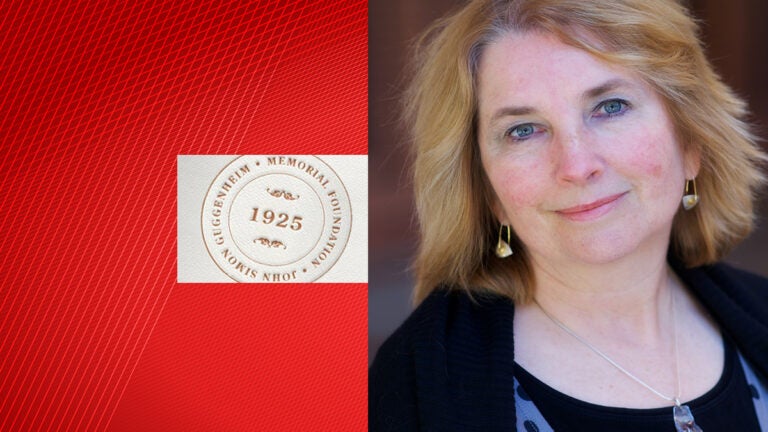
USC Dornsife’s Kate Flint earns a Guggenheim Fellowship
Kate Flint, Provost Professor of Art History and English at USC Dornsife College of Letters, Arts and Sciences, has been awarded a prestigious Guggenheim Fellowship.
She is among a diverse group of 176 writers, scholars, artists and scientists selected by the John Simon Guggenheim Memorial Foundation “on the basis of prior achievement and exceptional promise.” Nearly 3,000 applicants entered the rigorous peer-review process this year, the competition’s 95th.
“I think that the Guggenheim has a kind of mystique to it, and I suspect that’s because fellowships are given to very many artists and writers as well as academics,” Flint said. “It’s a real honor to be in their creative company, and in the footsteps of so many people whom I admire.”
Flint plans to take the fellowship during the 2021–22 academic year to complete her book, The Long Today: Victorian Culture and Environmental Change.
“This will be the first book to connect the Victorians’ passionate interest in the commonplace natural world with contemporary visual treatments of environmental crises,” she said.
Aiming to show the relevance of Victorian studies to current times, Flint is examining the work of contemporary artists and poets that bring attention to seemingly trivial details in 19th-century paintings, essays and novels.
Flint points to specific elements such as “the transitory appearance of lichen on a wall or tree trunk; or seaweed on a beach; or dandelions in meadow grass or on decorative tiles — things that are very often seen just as part of the general ambience. Indeed, we tend not to notice them.”
She says these mentions may seem insignificant but rather point toward large-scale environmental changes, something brought out when we find them referenced by modern artists and poets suggests they were, in fact, prescient.
“I use the work of contemporaries to show how many Victorian works in fact contain, unwittingly, the seeds of the ecological future,” she said.
In addition to the book, she intends to share her research online and in presentations to garner a wider public audience.
Flint says she is grateful to her colleagues and graduate students across departments for their input and inspiration, and for the university’s support for interdisciplinary work as well as its move toward environmental conscientiousness.
“USC’s growing emphasis on sustainability and on environmental studies has also really worked to broaden and enrich my thinking,” she said. “I’m hoping to bring a strong historical dimension to this emphasis.”
An accomplished scholar and expert
Flint’s published works include Flash! Photography, Writing and Surprising Illumination (Oxford University Press, 2018); The Transatlantic Indian 1776-1930 (Princeton University Press, 2008); The Victorians and The Visual Imagination (Cambridge University Press, 2008) and The Woman Reader, 1837-1914 (Oxford University Press, 1995). The latter two each won the British Academy’s Rose Mary Crawshay prize.
Flint, who joined USC Dornsife in 2011, has been named a National Humanities Center Fellow, a Georgia O’Keeffe Research Center Senior Fellow, and an American Council of Learned Societies Fellow.
In 2016, USC awarded Flint a Senior Raubenheimer Award for “outstanding performance in the areas of teaching, scholarship and service within the university.”
She earned her doctorate and bachelor’s degrees at Oxford University, and her master’s degree from the University of London’s Courtauld Institute.
About the Guggenheim Fellowship
Since its establishment in 1925, the John Simon Guggenheim Memorial Foundation has granted fellowships more than 18,000 individuals, including Nobel laureates, Fields Medalists, poets laureate, members of the national academies, and winners of the Pulitzer Prize, Turing Award, Bancroft Prize and National Book Award. Created by Senator Simon and Olga Guggenheim in memory of their son, the Foundation seeks to “further the development of scholars and artists by assisting them to engage in research in any field of knowledge and creation in any of the arts, under the freest possible conditions.”